What does plush bed mean?
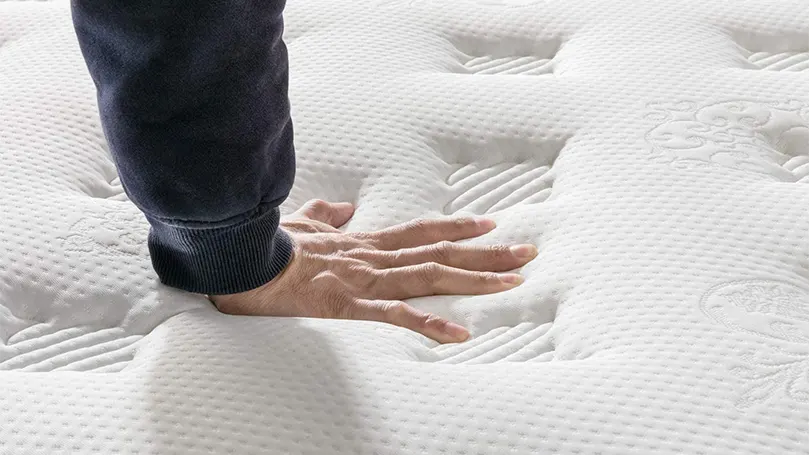
The word “plush” comes from a French word – peluche. Peluche is a smooth fabric with a cut nap or pile that resembles fustian or velvet. The term “plush” was coined to describe something as delicate, luxurious or sumptuous as this lovely fabric. So, plush beds are soft, delicate, and sumptuous. And, let's not forget – luxurious.
These luxury beds can be quite expensive – just look at the Silver Plush bed. But, their price is justified as they provide a level of cloud-like comfort that's unrivalled. And, trust us when we say this – once you've slept on one of these babies, you'll never want to get out of bed again. That is if you prefer soothing softness.
To be fair, you could couple a plush bed frame with a cushioned headboard and medium-firm or even a firm mattress, but that would just be ludicrous, wouldn't it? So, these plushies are often soft all the way throughout.
Now that we've established what a plush bed is, let's move on and see what the advantages of sleeping on one are. After all, there must be some reason why these beds are so popular, right? It can't be the headboard height or footboard height, can it? No, it's these things.
The advantages of a plush bed
There are several reasons why people love to see plush beds and mattresses in their bedroom. We've listed some of them below:
More comfort for side sleepers
If you're a side sleeper, then you know that finding a mattress that's soft enough to provide you with the necessary support and comfort is quite difficult. Too soft – and you'll feel like you're sinking.
Too firm – and your hips and shoulders will start to hurt. However, plush beds are just perfect for side sleepers as they provide the right amount of sinkage and support.
Soothes hip pain
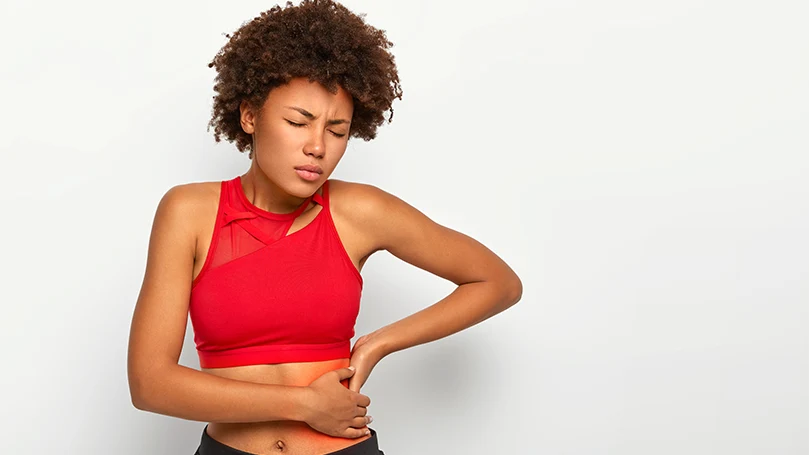
If you suffer from hip pain, then a plush bed might be just what the doctor ordered. These beds conform to the shape of your body and provide support and more importantly, pressure relief, where it's needed the most – at your hips.
This way, your spine stays aligned, and you won't wake up feeling stiff and sore. We also found some of the best mattresses for hip pain treatment so you might want to check them out as well.
Low motion transfer
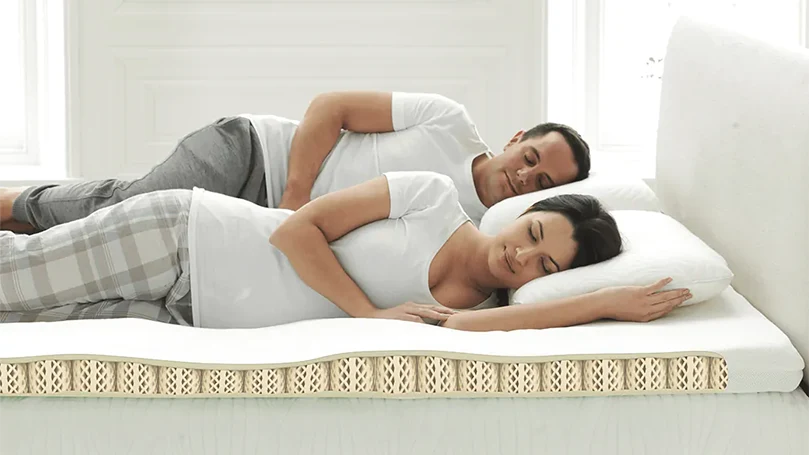
This is an advantage that's shared by all soft beds. Even if you share a King-size bed with a partner – you know that their tossing and turning can often disrupt your sleep. Well, plush velvet beds have got you covered as they isolate motion quite well – especially when they're made from tender memory foam.
So, even if your partner is a restless sleeper, you'll still be able to get a good night's rest, even if you were to lie on a Small Double. Okay, maybe not a small double, but a Double.
Who’s a plush bed not for?
Now that we've seen some of the advantages of sleeping on a plush bed, it's time to take a look at the other side of the coin. Let's see who these beds are not suitable for:
Stomach sleepers
As we've mentioned before, plush beds are soft all the way through. However, this also means that they lack the necessary support for stomach sleepers – especially around the hips. So, if you're a tummy sleeper, then a plush bed is not the right option for you.
People who suffer from back pain
Just like with stomach sleepers, people who suffer from back pain need a mattress that provides them with proper support. And, unfortunately, plush beds don't offer that. Instead, they conform to the shape of your body which can sometimes exacerbate back pain.
People who prefer a firm mattress
We know that some people just love firm mattresses and there's nothing wrong with that. However, if you're one of those people, then a plush bed is not the right choice for you as it's just too soft.
How firm is a plush bed?
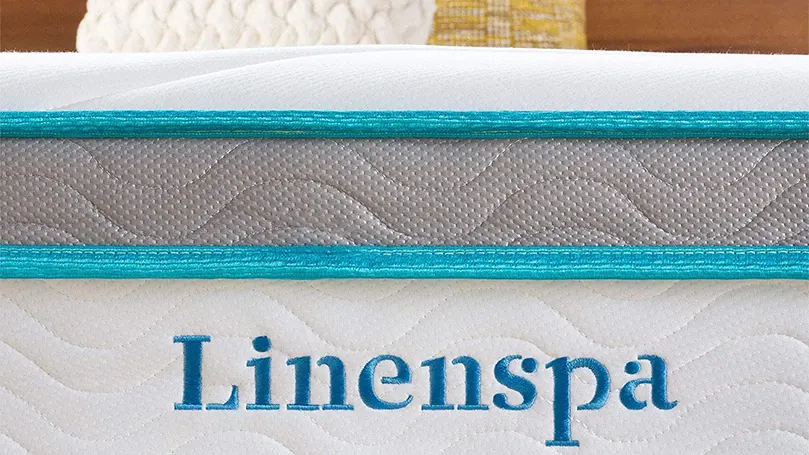
Here's the thing, a plush bed is as soft as the mattress on top of it. So, the better question is – how firm is a plush mattress?
Well, that's not an easy question. To try and answer it, we'll have to look at four types of plush mattresses: innerspring/coil, memory foam, hybrid, and a mattress with a pillow top. So, here it goes.
A plush innerspring is a medium to a soft mattress, suitable for side and back sleepers. So, about a four on the firmness scale.
Plush foam and hybrid mattresses are noticeably softer. They're usually reserved for side sleepers and side sleepers only, although some featherweight back sleepers could probably catch some rest on these ones as well. We'd give these ones about a three on the firmness scale.
The plush mattresses with additional pillow tops are extra soft. They're called ultra-plush, so you get the idea of how soft they actually are. They're basically clouds at this point, and unless you're resting on your side – you'll have a hard time finding this comfortable. However, this may not be the end of the story for pillow tops… We'll delve into these a bit more in a minute. But now, let's see how to properly take care of your plush bed.
How to care for the plush bed?
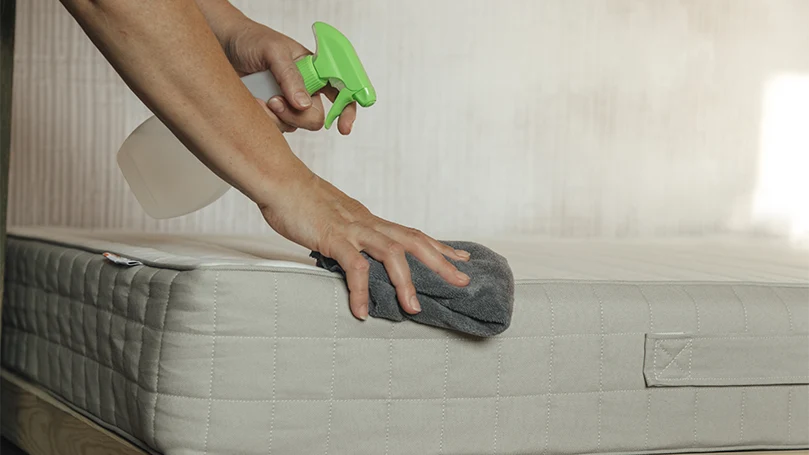
The thing about plush beds is that they're not as durable as other mattresses out there. So, you have to be careful with them if you want them to last. Here are a few tips on how to properly take care of your plush bed:
- Use a mattress protector – This is an absolute must if you want to prolong the life of your mattress. A mattress protector will protect your mattress from spills, sweat, dirt, and dust mites. Just make sure to wash it regularly.
- Rotate and flip your mattress – This is something you should do with all mattresses, not just plush ones. By flipping and rotating your mattress, you'll evenly distribute the wear and tear, which will significantly prolong its lifespan and save you some money in the long run.
- Give it some air – Plush beds tend to trap heat and moisture (as they're mostly made of foam), so it's important to give them some air every now and then. Just open the windows and let the fresh air in. It'll help.
- Avoid putting it in direct sunlight – Sunlight can damage the material of your mattress, so it's best to avoid it.
- Don't drink and eat in the bed – Eating in bed is generally not recommended. Drinking either. Now, we know you'd like a fast delivery of eggs and bacon as soon as you open your eyes, but that only looks good in movies. In real life, what usually happens is you struggle to eat properly, and you stain your bed. What also happens is that your partner gets “rewarded” with a dry cleaning bill for being a good husband and delivering good service in the morning. We're joking, men eat breakfast in bed, too.
- Don't jump on it – We know it's tempting, but try to resist the urge! Plush beds are not made for jumping.
To conclude
Following these tips should help you prolong the life of your plush bed. However, even with proper care, don't expect these to last over a decade. Frames will stand the test of time, but mattresses won't. So, keep that in mind when making your purchase.
Now, let's get into some head-to-head battles.
Plush vs firm
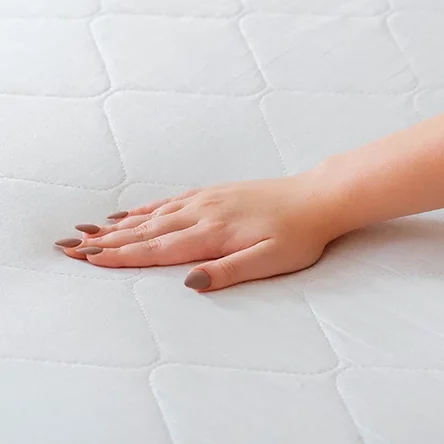
Which one is better? This is a tough question as it all depends on your personal preferences and your sleeping position. However, we'll try to give you a general idea of which one might be better for you.
If you like a soft mattress and you sleep on your side, then, by all means, go for a plush bed. These are specifically designed to fit you flawlessly, and as long as they're good quality – they'll suit you.
If you need a firm mattress and you sleep on your stomach (or even your back), then, unfortunately, a plush bed is not the right choice for you. Instead, opt for something firmer, like a firm pocket spring or memory foam mattress.
If you suffer from back pain – then, once again, a firm orthopaedic mattress is the way to go as it will provide you with the support you need. Plush beds, on the other hand, are not as supportive and might actually make your back pain worse.
So, there you have it. These are the main differences between plush and firm mattresses. As you can see, it all comes down to personal preferences in the end. Just make sure to pick the right one for you and you'll be good to go!
Plush vs ultra-plush
Now, here's where it gets really tricky and delicate.
Ultra-plush beds are, simply put, too soft for most people. Unless you're a side sleeper or you have very specific needs, we would generally advise against getting an ultra-plush bed. They're at the rock bottom of a firmness scale, rated usually as 1 or 2, so basically, sleeping on these is like sleeping on bubbles.
These are designed for people who want the absolute softest. So, unless you're sure that's what you need – we suggest staying away from them.
Plush vs pillow top
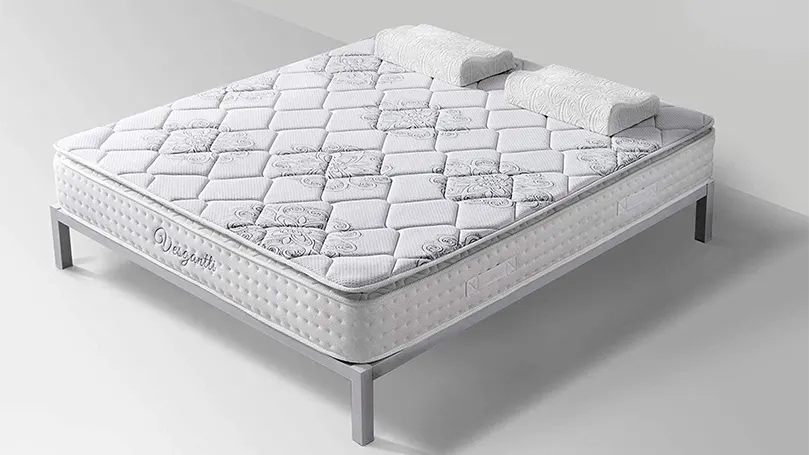
We will say that pillow tops tend to feel softer than regular plush beds. They may even be as soft as an ultra-plush – especially if you put the two together. However, this is not necessarily always the case.
You see, a pillow top is basically a super soft topper sewn onto a mattress. That means that the mattress underneath a pillow top could be medium, medium-firm, or even firm, and a pillow top could just serve as a comfy, cosy top layer to make sleeping a bit cosier while retaining a supportive base underneath the pillow top. So, when it comes to pillow tops, you actually have a massive range of firmness options to choose from.
Conclusion
Overall, we'd say that a plush bed is ideal for some people – and rather mediocre for others. So, which group do you belong to? Make sure to let us know in the comments and feel free to share your experience if you've ever had a plush bed.
Spread the word
Related products:

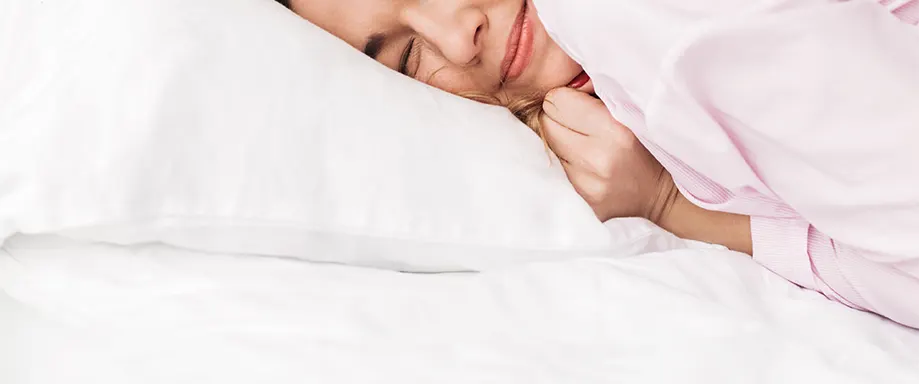
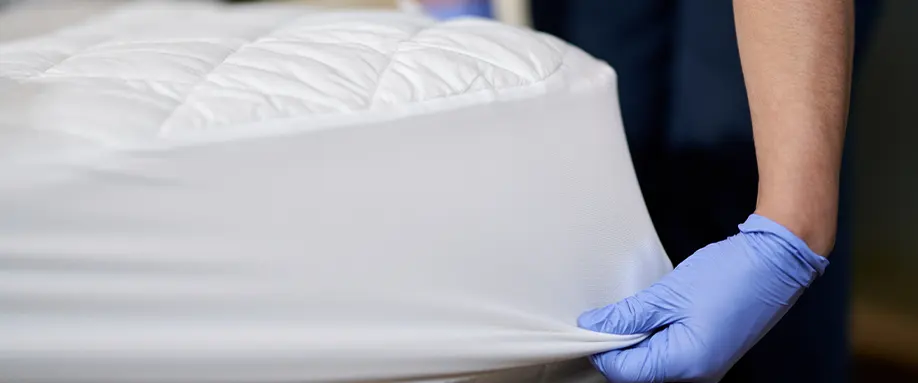
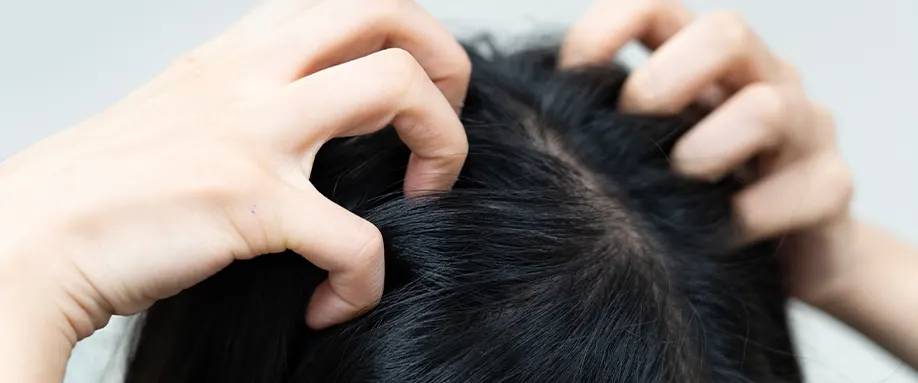











There are no comments yet
"*" indicates required fields